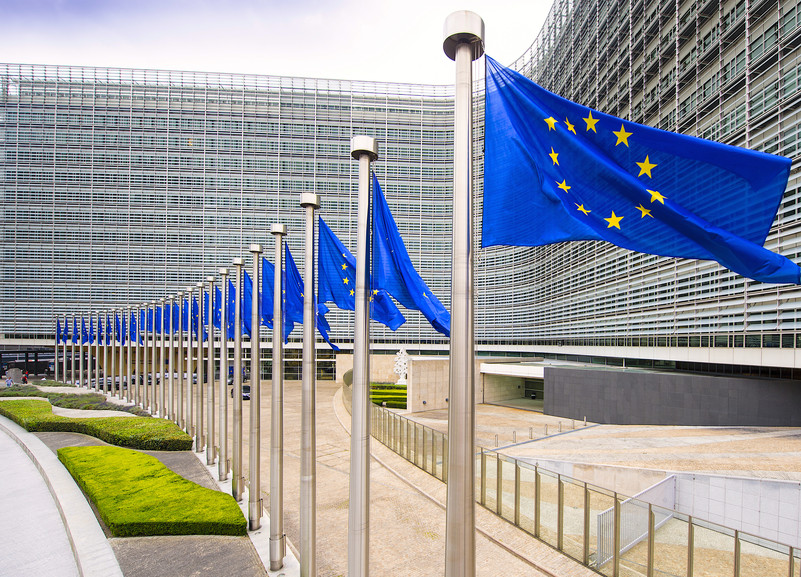The vote to exempt Qatari citizens from Schengen visas was put on hold in December following the ongoing European Union corruption scandal.
No new development have been made in the exemption of Qatari citizens from the Schengen visa, the Ministry of Foreign Affairs (MoFA) clarified on Wednesday, after an outdated report was circulated on social media.
MOFA Spokesman Majed Mohammad Hassan Abdullah Al-Ansari said the circulating information was based on previous developments, and that there has been no further update since then.
“An old piece of news published a few weeks ago about the exemption of Qatari citizens from the Schengen visa is currently being circulated as a new development in the file, and this matter is unfounded,” the Twitter statement read.
“We would like to point out that developments regarding this issue and any update regarding sponsorship of citizens’ affairs abroad are issued through the official accounts of the Ministry of Foreign Affairs and its website,” he added.
The last update on Qatari citizen’ exemption for Schengen visa came on December 2, when the European Parliament’s Committee on Civil Liberties, Justice, and Home Affairs (LIBE) approved the proposal.
However, the EU’s plan to allow visa-free short-stay travel for Qatari nationals was struck by a corruption scandal engulfing the European Parliament.
MEPs in Strasbourg were expected to vote in early December to allow nationals of both countries to travel without a visa to the EU for 90 days, providing they have a biometric passport.
The LIBE approval was considered the final step from the European Parliament, which would have been followed by deliberations in a tripartite committee representing the Council of the European Union, the commission, and the parliament to further set the text of the Schengen visa exemption agreement before it is signed and implemented.
However, that was put on hold after Belgian prosecutors charged Parliament Vice President Eva Kaili and three others with corruption as part of a major investigation into an alleged illicit influence campaign by Qatar.
Doha has vehemently rejected the claims since the scandal first emerged last month.
While the investigation is still ongoing, members of the European Parliament already voted to suspend Qatari representatives’ access to its premises.
A diplomat at Qatar’s EU mission told Doha News at the time that the decision “will negatively effect regional and global security cooperation, as well as ongoing discussions around global energy poverty and security.”
Last month, Qatar’s Foreign Minister Sheikh Mohammed bin Abdulrahman Al Thani stressed Doha’s “rejection” of misleading media leaks in a meeting with the European Union’s High Representative for Foreign Affairs and Security Policy Josep Borrell.
In a statement, Qatar’s foreign ministry said that the senior Qatari diplomat underlined “the need to respect the judicial procedures and not to anticipate the results of the investigations.”
Sheikh Mohammed also stressed “Qatar’s rejection of the misleading media leaks that drag its name in this matter” during his meeting with Borrell.







